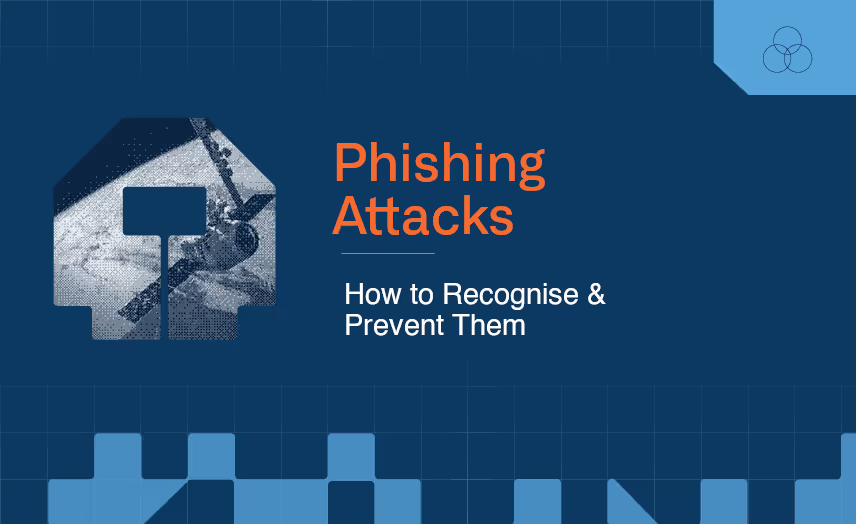We Put Security First in Everything We Do
Cloud security should be a first-class citizen in every business. Cut corners, and you’ll get hacked. It’s a cost you don’t want to pay. At Deimos, everything we do starts with securing your business and systems.


CLOUD SECURITY RISKS
The Risks of Ignoring Cloud Security
Companies that suffer cyberattacks may incur significant financial losses due to lost revenue, downtime, legal fees, and remediation costs.
Companies that suffer data breaches or other cyberattacks may suffer damage to their reputation, which can lead to lost customers, decreased sales, and difficulty attracting and retaining talent.
Cyberattacks can disrupt business operations, leading to downtime, lost productivity, and increased costs.
Companies that suffer cyberattacks may incur significant financial losses due to lost revenue, downtime, legal fees, and remediation costs.
Common Security Risks
The cloud offers businesses a number of benefits, such as scalability, flexibility, and cost-effectiveness. However, it also introduces a number of cloud security risks that businesses need to be aware of.
Here are some of the most common cloud security risks:
Data Breaches
Data breaches are the most common and costly type of cloud security incident. They can occur when unauthorised individuals gain access to sensitive data, such as customer records, financial information, or intellectual property. Data breaches can damage a company's reputation, lead to financial losses, and result in legal or regulatory action.
Misconfigurations
Misconfigurations are mistakes that can be made when setting up or managing cloud resources. They can leave systems and data vulnerable to attack. For example, misconfigured cloud storage could allow unauthorised access to sensitive data.
Insecure APIs
In an API-driven world, insecure APIs can be exploited by attackers to gain access to sensitive data or to take control of systems.
Account Hijacking
Data breaches are the most common and costly type of cloud security incident. They can occur when unauthorised individuals gain access to sensitive data, such as customer records, financial information, or intellectual property. Data breaches can damage a company's reputation, lead to financial losses, and result in legal or regulatory action.
Malware
Malware is malicious software that can be used to steal data, disrupt operations, or hold data hostage for ransom. Malware can be installed on cloud systems using a variety of methods, such as phishing attacks or drive-by downloads.
Denial-of-service (DoS) attacks
DoS attacks are attempts to overwhelm a cloud system with traffic, making it unavailable to legitimate users. DoS attacks can disrupt business operations, damage a company's reputation, and lead to substantial financial losses.
Supply Chain Attacks
Supply chain attacks are cyberattacks that target third-party vendors who supply goods or services to a company. These attacks can be used to gain access to a company's cloud environment or data.
Insider Threats
Insider threats are security risks that come from within an organisation. These threats can be intentional or unintentional. For example, an employee could intentionally steal data or sell access to systems to an attacker.
Zero-Day Exploits
Zero-day exploits are vulnerabilities in cloud systems that are unknown to the vendor. These exploits can be exploited by attackers to gain access to systems or data.
PUTTING SECURITY FIRST
How We Can Help You Increase Your Security Posture
Deimos believes that cloud security should be a first-class citizen in all aspects of technology, from your Kubernetes clusters to your SDLC. We therefore provide a wide range of service offerings.

Understanding your security posture is the starting point to securing your systems and identifying the key cloud security risks your organisation faces.

Whether you are building a monolithic application deployed on virtual machines, or a complex microservice architecture hosted on Kubernetes, we have the experience to help you design it for maximum security from day one.

At Deimos, we believe in shifting left on cloud security. We start by integrating security controls into your build and deployment process to identify and remediate risks before they reach production.

The only constant is change. This is also true for the security landscape. It is thus critical to be able to identify, assess and remediate vulnerabilities in your application as quickly as possible.
SECURITY PARTNERS
We Partner With the Best In the Business to Ensure Your Security





WHY WE’RE THE BEST FIT FOR YOUR BUSINESS
Businesses Already Trust Us As Their Technology Partner
- We have the first Google Cloud Security specialisation in Africa. By earning the Security specialisation, we have proven our expertise and success in building customer security solutions using Google cloud technology.
- We have a dedicated team of security engineers who live and breathe security.
- Our engineers are Google Cloud, AWS and Azure Platform certified.
- We put your security first. Not only will we secure your systems, but we’ll also embed security best practices into your team and processes.
- We have extensive experience in building and developing secure, traditional on-premise architectures, as well as modern cloud-native architectures.

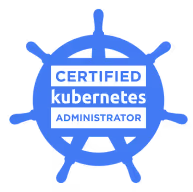
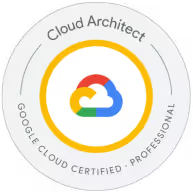
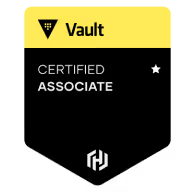
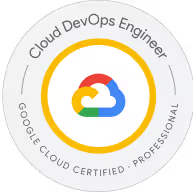
Cloud Client Testimonials
Hear What Our Clients Have To Say
cloud faq's
Got Questions? We Have Answers.
Some common cloud security threats include data breaches, insider threats, DDoS attacks, and malware infections. These threats can result in data loss, theft, or exposure, as well as business disruption and financial loss.
Cloud security is a shared responsibility between the cloud service provider and the customer. The provider is responsible for the security of the cloud infrastructure, while the customer is responsible for securing their data and applications in the cloud.
Cloud security differs from traditional security in that it is designed specifically for cloud-based infrastructure, applications, and data. Cloud security measures are often more scalable, cost-effective, and automated than traditional security solutions.
The benefits of cloud security include data protection, compliance, disaster recovery, scalability, and cost-effectiveness.
There are several types of cloud security measures, including network security, data security, application security, identity and access management, and compliance and governance.
Cloud security is the strategies, technologies, services, and controls that are put in place to protect your cloud infrastructure, applications, and data from threats.
Cloud Resources
Expand Your Knowledge Of The Cloudverse
get in touch
Let's talk Cloud Security
If you're ready to take your business to the next level and focus on what matters most - achieving your objectives, then it's time to leverage the power of our Managed Platforms.
Schedule a free consultation with us today and let us show you how we can take care of your needs, so you can concentrate on growing your business!





















.avif)




